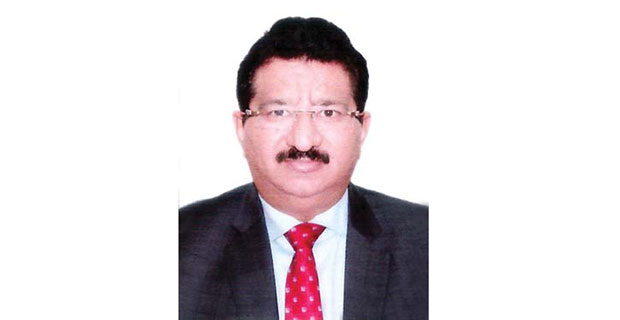GST Round Up
GST Council meeting: States allowed to tweak taxpayer division after consulting Centre
For the process of refund, the states and the Centre did not converge on cross empowerment as there were legal issues relating to Consolidated Fund of India being operated by a state government official and a central government official and the corresponding modalities of audit of such refunds. Also, after consultation with the law ministry, the GST Council agreed for cross empowerment of powers under the Integrated GST (IGST) Act in line with Central GST (CGST) and State GST (SGST) Acts, with the exception that the Centre alone will have the power to adjudicate a case where the disputed issue relates to place of supply, or issue relating to import/export of goods and services, or when an affected state requests that the case be adjudicated by the CGST authority..jpg) The arrangement between the Centre and the states in the ninth GST Council meeting to break the deadlock on division of control has been seen as a compromise on part of the Centre, as it has lost out on the maximum share of taxpayers under the threshold of Rs 1.5 crore.
The arrangement between the Centre and the states in the ninth GST Council meeting to break the deadlock on division of control has been seen as a compromise on part of the Centre, as it has lost out on the maximum share of taxpayers under the threshold of Rs 1.5 crore.
Currently, 93 per cent of service tax assessees and 85 per cent of the VAT taxpayers have a turnover below Rs 1.5 crore. Under the proposed GST, taxpayers having a turnover of over Rs 1.5 crore are estimated to contribute almost 90 per cent of the revenue.
The fine print pertaining to the division will be discussed in the tenth GST Council meeting on Saturday, wherein states and Centre will finalise the legally vetted draft GST bills, following which the Centre is likely to introduce them in the second half of the Budget session of the Parliament. The government intends to rollout the indirect tax regime from July 1 this year. The government is constitutionally mandated as per the Constitution (One Hundred and First Amendment) Act, 2016, passed by Parliament last year, to roll out the indirect tax regime by September 16 this year.











Comments.